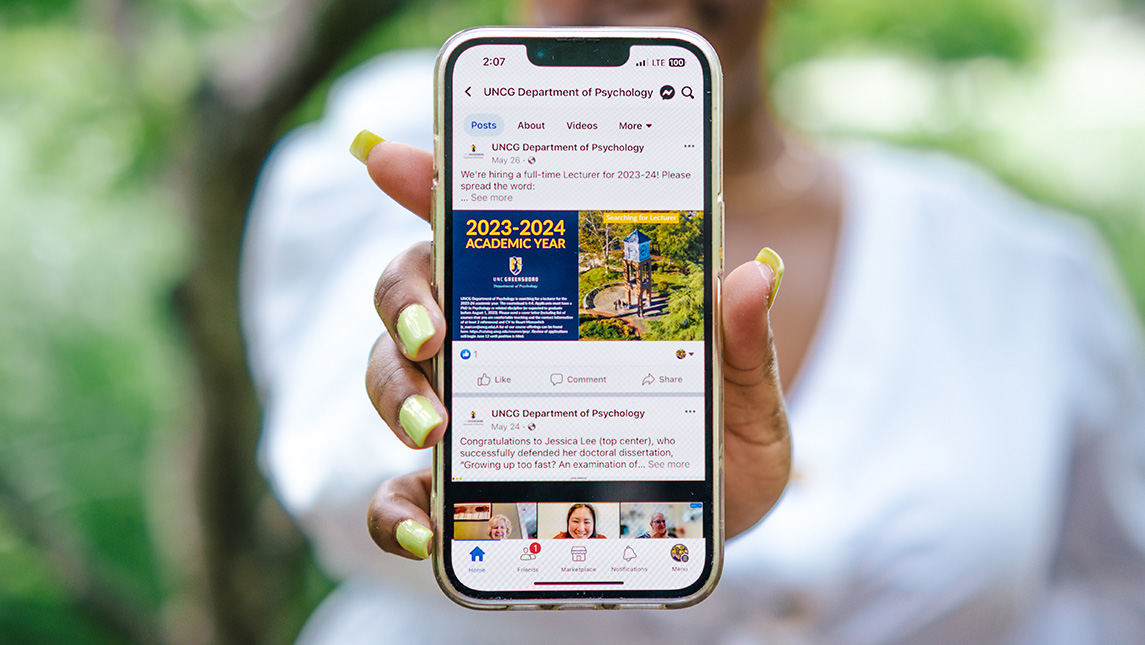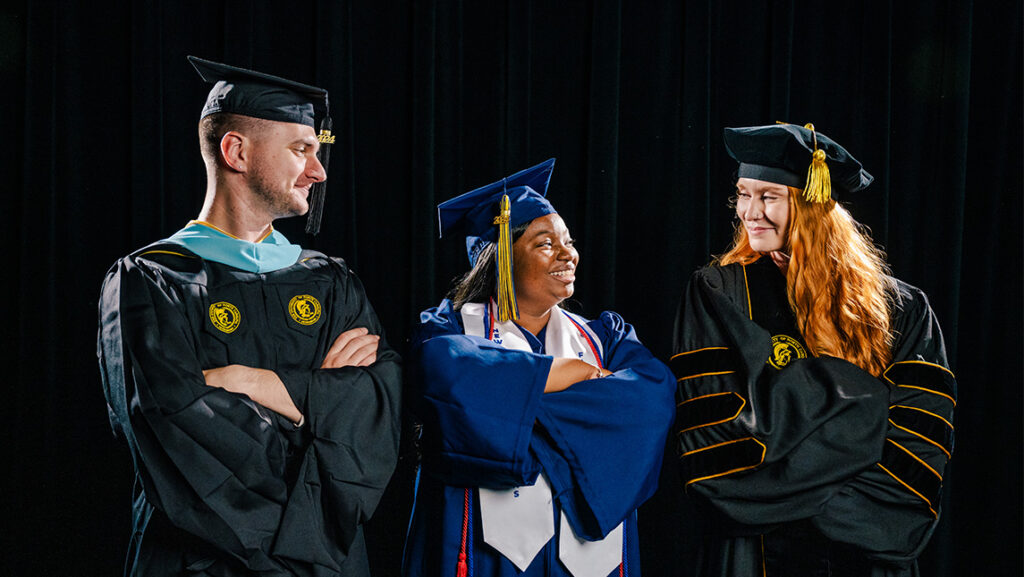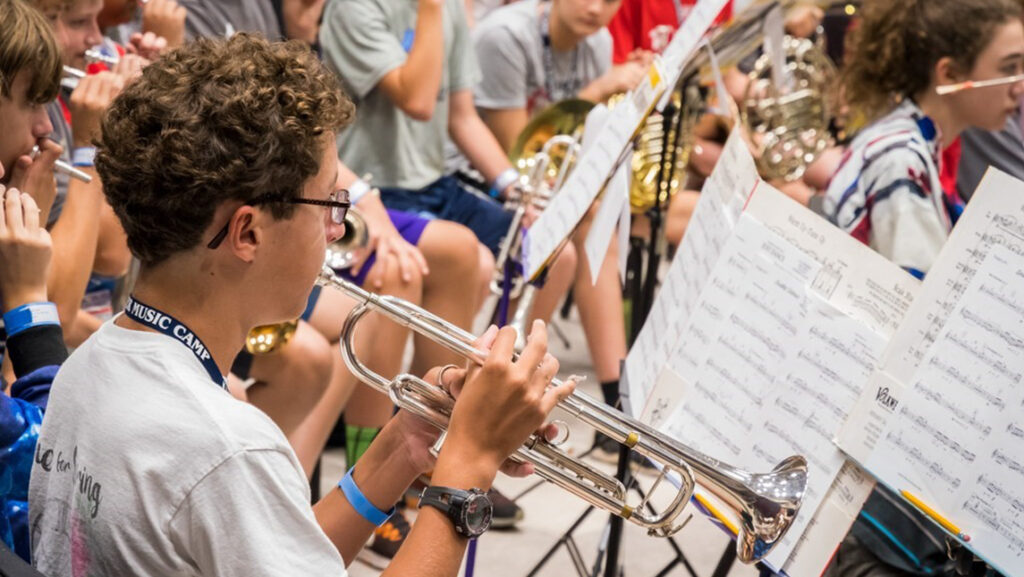UNCG research shows that college students generally don’t find their parents’ text messages intrusive.
Most of us probably know how to turn on our cell phone’s airplane mode. But do parents who constantly text their young adult children need to get their phones out of “helicopter mode”?
In recent years, concerns about overparenting — or “helicopter parenting,” as it’s sometimes called – have been rising. And some have wondered if the rise of easy, instant communication provided by text messaging and other modern technology plays a role.
UNC Greensboro psychology graduate student Morgan Brown and her advisor, Dr. Michaeline Jensen, have been digging into that question in recent years.
They said their most recent findings, published in April’s edition of the Journal of Social and Personal Relationships, should reassure parents who text their college-age children.
No Harm Done
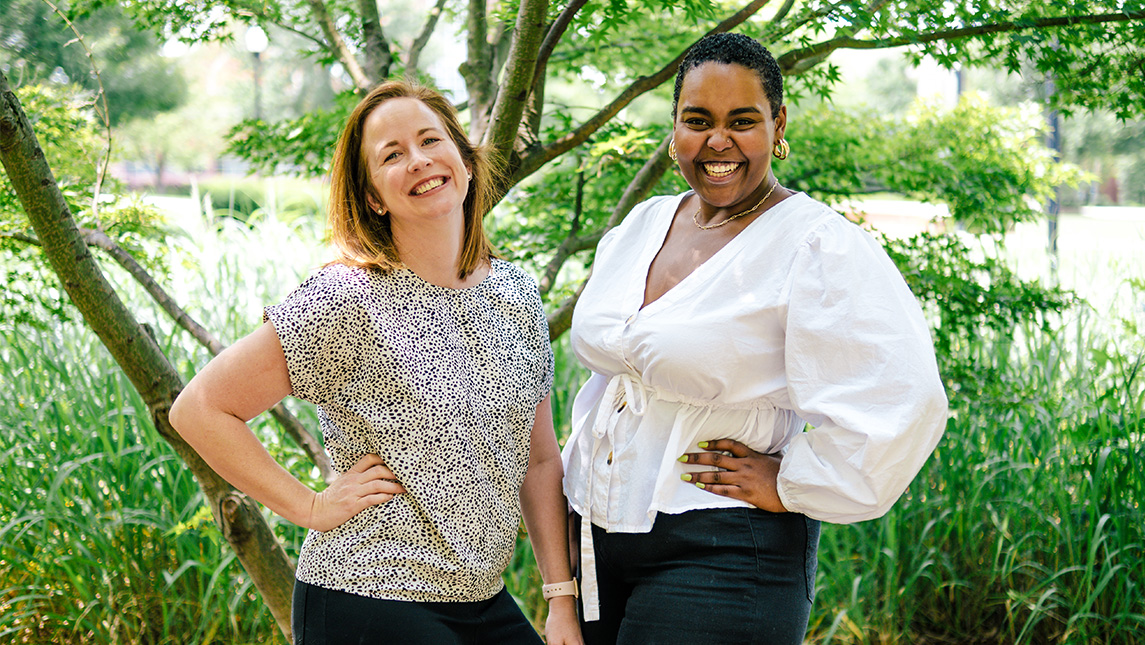
“What we found, for the most part, is that you can be connected with your kid and it not be particularly harmful to them,” said Jensen, an assistant professor of psychology. “Being connected to your kid, checking in on them, maybe even reminding them of rules – it doesn’t seem particularly bad for your relationships within most families.”
In analyzing nearly 30,000 text messages exchanged between 238 college students and their parents over a two-week period, Brown, Jensen, and their colleague Andrea Hussong of the University of North Carolina at Chapel Hill found only a few cases in which students thought their parents were getting in the way of their becoming autonomous adults.
Some of the findings seem to indicate that perceived overparenting is a two-way street. As Brown noted, the more an emerging adult (child) disclosed to their mother, the less they perceived their mother to be supportive of their autonomy. And, the more a mom texted with advice, the less the child perceived the mom to be supporting their autonomy.
“Thinking about overparenting as something that parents do to their kids is too blunt. It’s something that they’re creating together, in relationship with one another,” Jensen said.
The Role of Texting
Continuing to work alongside Jensen, Brown is digging deeper into text messaging among parents and college students. Now in her third year of doctoral studies in clinical psychology, she is especially interested in learning if texting plays a role in racial and ethnic socialization, an important parenting practice for the well-being of youth of color.
“Parenting today is different than it was in generations past, and mobile communications technology has contributed to that,” Jensen said. “It seems that parents and emerging adults are navigating the digital era in ways that are working for them, and further research will give us a more nuanced understanding of how it’s working.”
Written by Dee Shore for Manning Words, Inc.
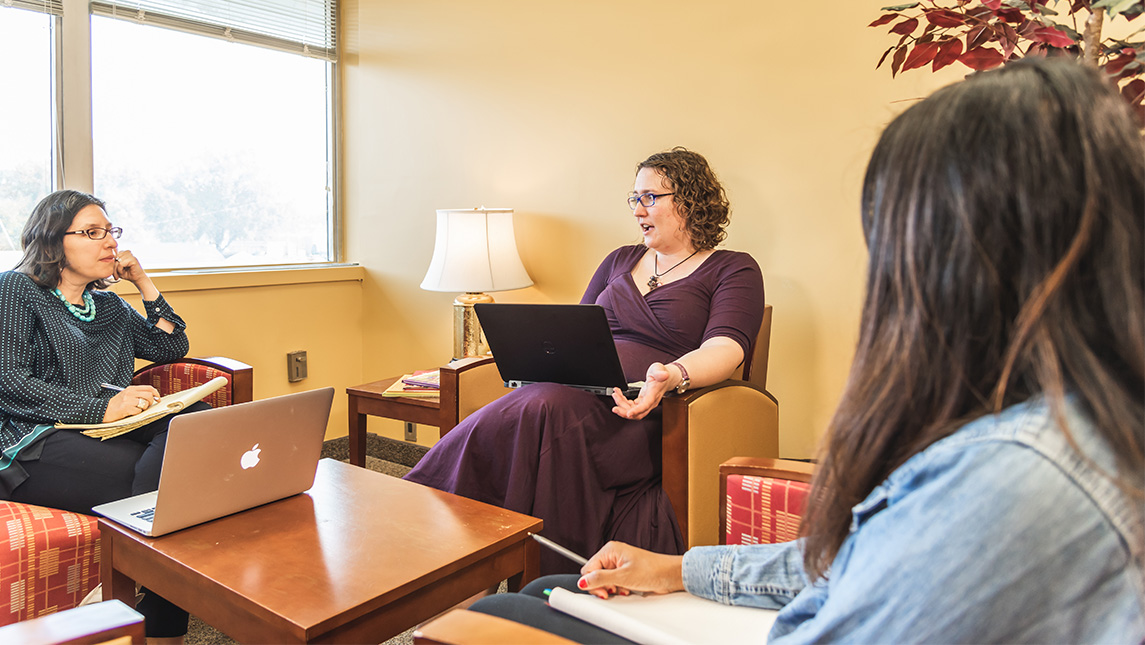
Learn from experts. Build upon their knowledge.
